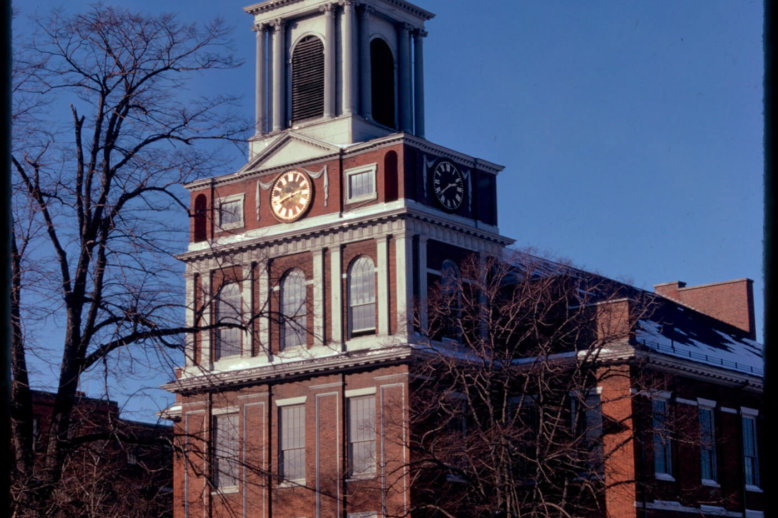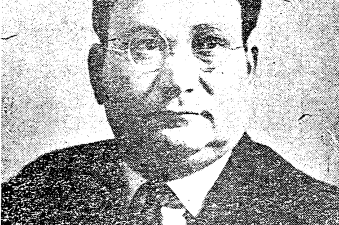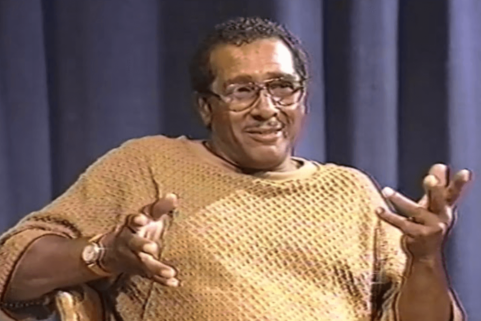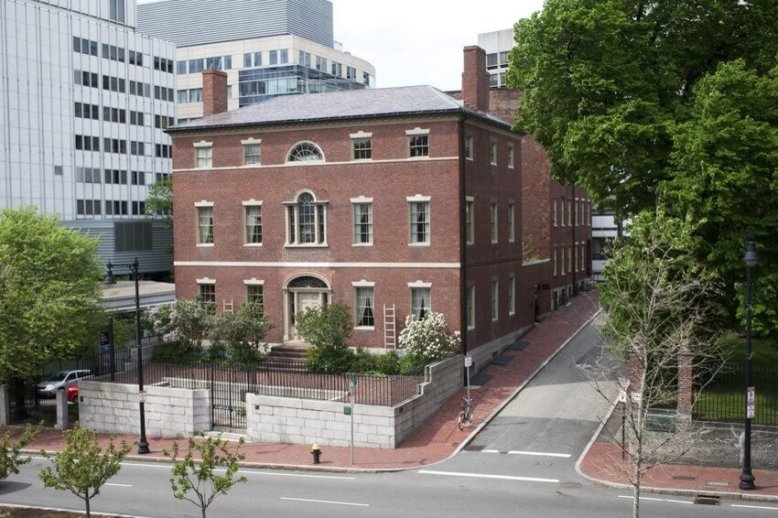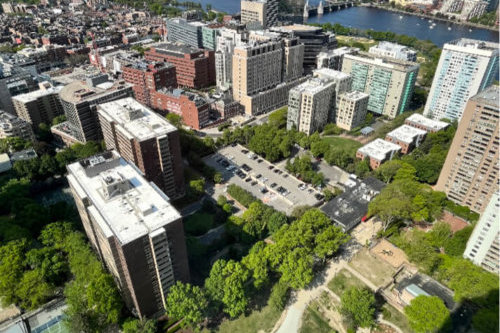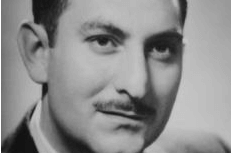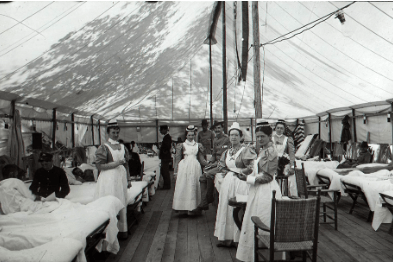History
Organizational category for all historical articles
The Old West Church, standing at 131 Cambridge St, is one of the few surviving buildings of the historic West End. Since its opening in 1806, the building has served as a church, a library, a shelter, and a church again. It continues to hold masses and contribute to the Boston community today.
Hundreds of boys from the West End and other parts of Boston benefited from the financial, education, and moral support provided by the Burroughs Newsboys Foundation.
Richie Nedd was one of the historic West End’s Black residents and a board member of The West End Museum before his passing in 2011. Nedd’s article for the June 1998 issue of The West Ender, “A Black Man’s View of the West End,” features he and other Black residents coming together in reunions of hundreds of West Enders after urban renewal.
The first of three homes built for politician and land developer Harrison Gray Otis by architect Charles Bulfinch still stands proudly today as one of the only surviving buildings of the West End’s urban renewal.
Summer in Boston is a celebrated, if too short, season for residents and visitors alike. In recent years, however, more frequent heat waves and extended periods of above-average temperatures have sometimes created dangerous conditions for many city residents…but not all.
The tradition of dedicating city squares to service members lost in war began in 1898. Known as Hero Squares, the City of Boston has placed over 1200 memorials of this type throughout its neighborhoods. Easily overlooked as one navigates busy urban streets, an alert pedestrian walking through the West End will notice its share of these memorials to those who sacrificed their lives in duty.
Joseph “Bepo” Caruso came to the West End from Sicily when he was seven years old. During his rich life he served in World War II, opened an art gallery, published novels, started a film production company, and was a founder of the Committee to Save the West End.
Since its opening in 1821, the Massachusetts General Hospital has had a long tradition of caring for West Enders, Bostonians, and other patients from across the globe. This tradition includes a history of its nurses and doctors putting their own lives at risk while serving military personnel during wartime.


